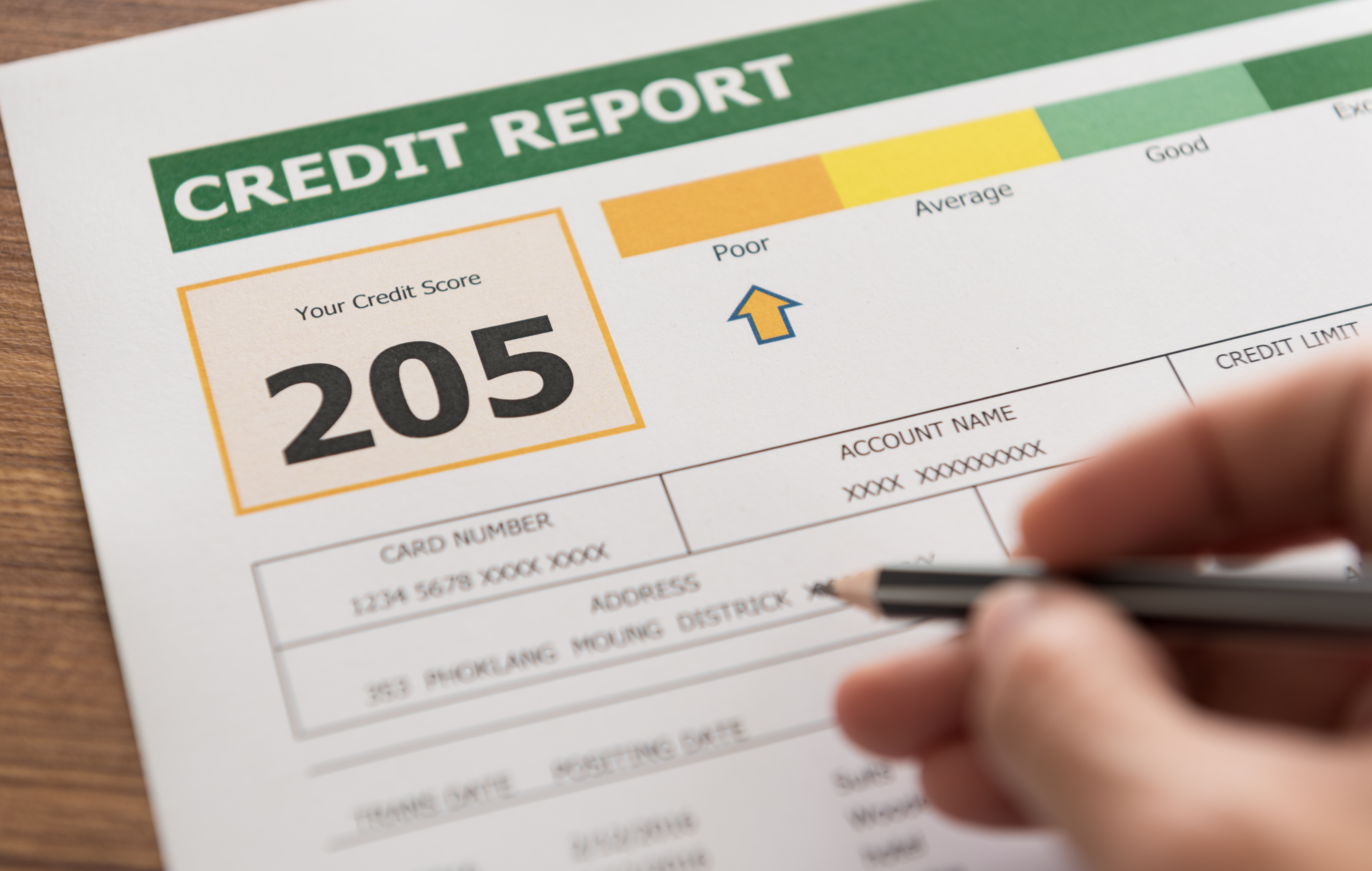Do credit repair companies really work?

You see the ads on the internet, television, radio, and social media. "We can fix your credit and raise your credit score." But is it true?
Every area of your life is influenced by your credit history and credit score. From getting a credit card to getting a mortgage, a vehicle loan, or even an insurance policy. A few late payments on your credit record may tarnish an otherwise flawless payment history.
Most individuals don't give their credit report or credit score much thought unless they are negatively affected by their credit history. Did you know that potential employers have the right to examine your credit record if you grant them permission?
And why wouldn't you, given your desire for the position?
After confronted with the harsh facts of your credit report, you may seek a quick credit fix from a credit repair business. Can credit repair firms, however, really restore a poor credit report?
The answer is "yes," however some credit repair firms utilize legitimate techniques, while others use misleading credit restoration strategies. The Credit Repair Organizations Act was enacted by Congress in 1996. (CROA).
This legislation established the guidelines for credit restoration businesses. The following are some of the banned activities under the Credit Repair Organizations Act:
- Advising credit repair clients to alter their identity to avoid credit agencies linking them with their credit information.
- Advising clients undergoing credit repair to submit fraudulent claims to credit reporting organizations.
- Assurance that they would be able to erase material from their credit repair customers' credit reports.
- Charging credit repair clients a charge for services that have not been completely completed.
The CROA also requires credit repair companies to notify their clients of the following:
- Customers have the ability to free dispute their own credit report records.
- Credit bureaus must use reasonable measures to ensure the accuracy of credit information; nevertheless, errors may occur.
- If a credit repair business breaches the CROA, consumers have the right to sue.
- Credit repair businesses are not permitted to hide the above-mentioned warnings inside their contracts.
How do credit repair companies fix a person's credit report?
The first step in credit restoration is to acquire a credit report from one of the three major credit reporting agencies, Equifax, Experian, and TransUnion. You may be shocked to discover that your credit information varies across credit bureaus.
The reason for this is the relationship that each credit agency has with its subscribers. A mortgage firm, for example, may only disclose a person's payment history to one credit bureau and not to the others. Credit repair businesses get a credit report from each credit reporting organization since credit reporting is not consistent.
With the credit reports in hand, the credit repair firms would go through them thoroughly with the customer. The agent from the credit business will check for duplicate entries on the credit report, as well as inaccurate credit listings and other errors.
Following the discovery of any inaccurate information, the credit repair firm will notify the credit agency and the creditor of the mistake(s). According to the Fair Credit Reporting Act (FCRA), credit reporting companies must verify the veracity of any disputed information with the creditor.
The creditor has 30 days to confirm if the disputed account is correct. If the creditor does not respond to the credit agency within 30 days, the credit reporting agency must delete the challenged listing.
Some credit restoration firms will challenge all bad entries on a credit report, regardless of whether or not the negative items are true. Because the credit bureau(s) has 30 days to examine the request, this random dispute technique may provide favorable outcomes for a short period of time.
The disputed items will not be included in the credit score while the investigation is ongoing. Each contested item will be accompanied by a remark. If the creditor does not reply with evidence that the item is correct, the credit bureau will delete it.
The practice of sending repeated letters to credit bureaus is known as "jamming." Don't get too enthusiastic yet. Deliberately contesting correct credit listings is a violation of the law.
What is file segregation?
The process of obtaining an Employer Identification Number (EIN) from the Internal Revenue Service is known as file segregation. You may start building a fresh credit history after you obtain your EIN. If this strategy seems suspicious, it is. This is a prohibited practice. It's not a good idea.
How much do credit repair companies charge?
Depending on the business, the amount you'll pay and how it's calculated will differ.
You may pay a one-time fixed charge or pay for each negative mark removed from your reports. The cost per deletion may start at $35 and go up to $750 or more.
Some businesses charge by the month, which may range from $50 to $130 or more. There may be a setup charge or a price for viewing your credit reports.
Then there are businesses that charge a subscription fee for their services. We all enjoy this payment plan, don't we? These businesses bill your credit card at the end of the month for services rendered the previous month.
Credit repair subscriptions often range between $50 and $100 per month. Finally, there's the "pay per delete" option. The credit-repair business only costs you when an item on your credit report is really removed as a result of their efforts using pay per delete. The good news is that, according to the Credit Repair Organizations Act, credit repair firms can not seek or accept money until they achieve the claimed outcomes (CROA).
Should I use a credit repair company?
Before you sign a contract with a credit repair company, why not make an effort to repair your credit report yourself? You might be thinking, "where do I start?" Read How to fix my credit score.